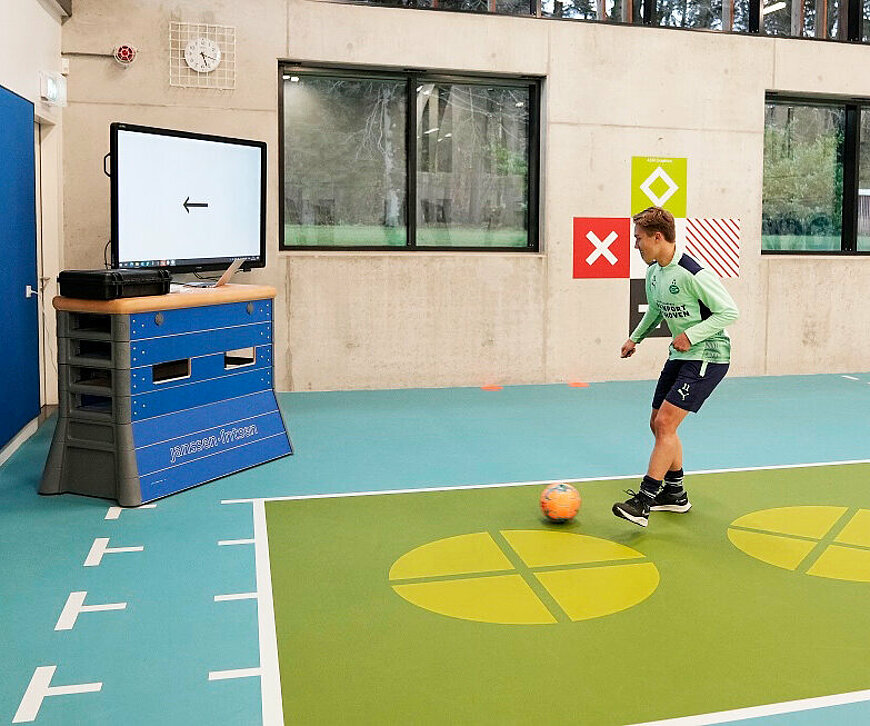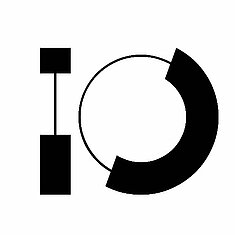Aristotle Technologies trains people to make the right choices under high pressure

The winners of the Gerard and Anton Awards are highlighted. Today: Aristotle Technologies.
The founders of Aristotle Technologies have known each other for as long as the start-up has existed: a year and a half at most. What started as a school project is now a company with multiple partners. They had no trouble getting funding. After the start-up won three awards in two competitions, investors were already lining up to commit to the young company. Yesterday, another award was added, and the start-up won a Gerard & Anton Award as a young talent. In this episode of start-up-of-the-day, co-founder Maurits Overmans talks about the development of his innovative product.
Tell us about your product?
"We develop a personalized software that trains people in the skills they need for their work or hobby. That means we train people to perceive, process and apply relevant information in situations where there are a lot of stimuli around them. This can be in elite sports, but also in children with learning disabilities, who therefore have difficulty performing their tasks. We want to improve people's speed of action and make good choices at the right time. Our software is given in a form of combination training. This can be while exercising, for example, while giving input to our product with a controller."
You met at the Innovation Space project. How did that go?
"That's a little over a year and a half ago now; we didn't know each other then. Now we are very good friends and making a great product. We ended up in a team with people from different studies. As a result, we immediately had diverse qualities on our team. That turned out to be very valuable. Shortly after that we entered the TU/e Contest and that was actually very strange. We already had a working product standing, although we really only had to come up with an idea. We were very happy when we won two prizes there. Only then did we really see that our software could have an important added value in our society. That's why we decided to continue as a start-up."
You were also at Dutch Design Week. What was that like?
"The best part was that we suddenly had users of all ages. It was nice to see that it caught on well with all the participants. Everyone was very positive and also immediately indicated what value it could have in their lives. For example, two elderly people indicated that they had to think much less consciously about their movements. It was suddenly a lot more automatic. They got back the feeling they had when they were young."
What problems did you run into?
"The biggest challenge we had was determining a focus. We also saw a lot of other applications outside of sports. For example, for defense, but also for rehabilitation and elderly people with incipient dementia. As a start-up, you only have a small team, so you can't do everything. Then we also determined a focus group with the help of experts. That took some searching. Other than that, we didn't really run into any problems. That may sound crazy, but from day one we had a good technical person on staff. We also got a lot of feedback from the partners we work with on how to develop it."
Was it difficult to get funding?
"At the beginning we had the advantage of doing it as part of our studies. For the development, we also didn't need a lot of money because we already had the knowledge for that in our team. Now we are in the next phase where we are doing pilots and some of us have graduated. We do want to retain those people, so funding is needed now, but that has actually gone quite smoothly because we already have some exposure in the Brainport region."
What are you guys working on now?
"We are now dealing with top sports, children with learning disabilities and physical therapy. We are doing this with PSV and other partners from the Brainport region in these three sectors. We are now working with three working groups to see how we can get the most feedback from users - what the real pain points are and how we can act on them. With these established user groups, we can now map out very well how we are going to provide the best services. Co-creation is very important to us."
"That is very nice about the Brainport region: everyone here has the mindset that you can help each other further. Innovation really comes first here."
What makes your product better than what is already on the market?
"We see that alternatives on the market only offer certain tasks on the computer. You then actually take people away from the setting in which they need to improve. We are training people within the context in which they want to improve. We do that in a personalized way. People get a personal profile. That personal data is also stored securely. We also focus very much in our development on keeping our software modular and customizable. We leave the combination training to the expert who works with the end user. With us, that expert has a lot of freedom in the physical training and in the training they have to do on the screen."
Read more about Aristotle Technologies
